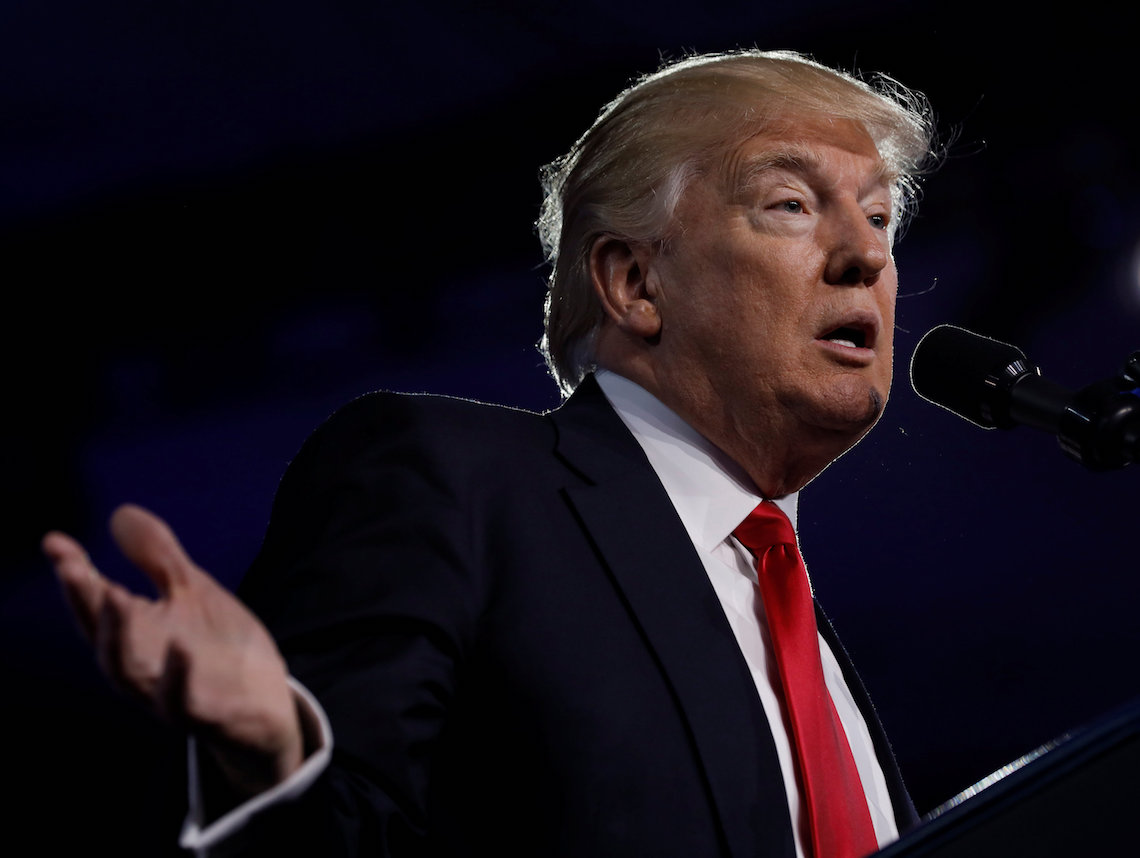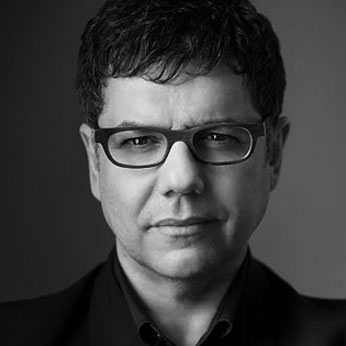
Over the last two years, President Donald Trump didn’t make any attempt to disguise his disdain of the media. The paradox is that Trump is a creation of the media. He understood the importance of free media attention when he moved from Brooklyn to New York in the late 1970s. In “The Art of the Deal,” for example, he extols the value of The New York Times in helping him get noticed and stand out from the crowd.
It is only recently that we hear Trump use the term “fake news”. Indeed, there is branch of journalism, the satirical media (Charlie Hebdo was part of it), that creates fake news to criticize the actions of Governments or any other authority. This has been a long tradition in democracies and it is part of what makes a free press. The terror attack on Charlie Hebdo demonstrates how a free and tolerant press threatens intolerance. I doubt this is what Mr Trump refers to when he accuses the press of spreading “fake news.”
What I think Trump refers to is a new trend that has emerged in recent months. Some individuals invent stories out of whole cloth and disseminate them over the Internet for the sole purpose of misinforming. You could argue that it is a fine line between satiric stories and fake news, but in my opinion, this is a thick line. When reading satire, you know immediately that the author is mocking and twisting reality for the purpose of making a point. When reading a fake news article, such as the one on Pope Francis endorsing Donald Trump, there are no signs that what you are reading is false. It is presented as a credible account and is specifically designed to mislead the reader.
Calling CNN “fake news” is cynical and destructive. As much as I was a critic of President Obama, he never accused Fox News of spreading “fake news”. Both media outlets scrutinize the powers that be, and each can be somewhat biased. In a mature democracy, it is up to the viewer to make up his own mind and account for that bias. But even though an issue is presented through the human lens of a journalist, it is not designed with the intention to mislead.
The great irony, of course, is that Trump himself is the king of fake news. To cite just a few examples, during his campaign, he said time and again that American Muslims were dancing in the streets of New Jersey after the 9/11 attack. He doubled and triple down on this fake story. There are no records of such dances. He accused Obama of being a Kenyan Muslim who never attended Columbia University. He accused Ted Cruise’s father of being involved in a plot to assassinate President Kennedy. During one of the debates he said that vaccine causes Autism …and on and on.
Of course, he never called his own fake news “fake news” because he saw it as helpful to his agenda. Now that the actual news is not helpful to his agenda, it’s a logical step in his narcissistic mind to demean it as “fake news.” In other words, any news that he doesn’t see as helpful automatically becomes fake. This is not just reckless, it’s dangerous.
Trump is trying to blur the lines between honest reporting, commentary, satire and normal bias. By calling it all fake, he is painting the whole media enterprise with a dark and cynical brush and undermining one of the main pillars of democracy.
As Karl Popper wrote, the ability of a free media to scrutinize the powers that be is the principle tenet of all open societies. Weakening the media ensures less scrutiny, and, ultimately, less transparency and a greater likelihood of corruption, intolerance and injustice.
One month into his presidency, Trump has reached a crossroad. Either he finds a constructive way to deal with the media, in which case he joins the long tradition of American presidents as a champion of the democratic free world, or he continues in his present approach and becomes the first U.S. President who can longer claim to be the leader of the “free” world. That would be a lot worse than fake news.
Albert Dadon is an Australian businessman, philanthropist and musician.


































 More news and opinions than at a Shabbat dinner, right in your inbox.
More news and opinions than at a Shabbat dinner, right in your inbox.